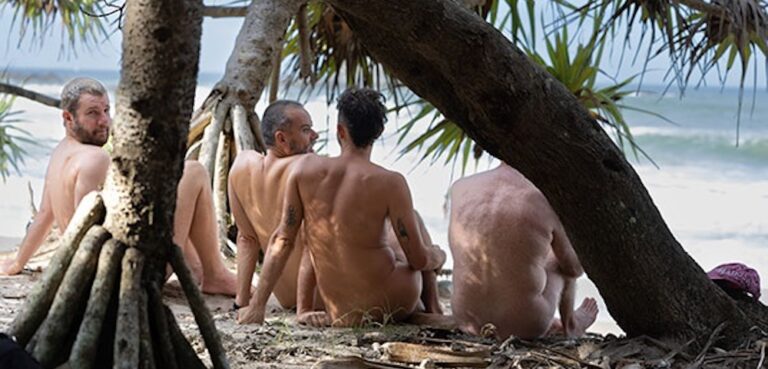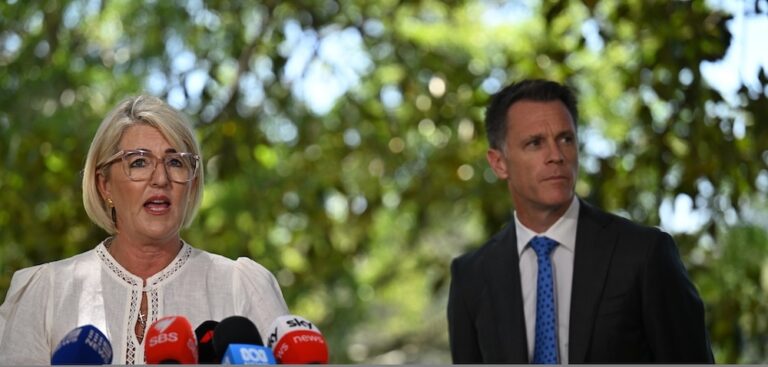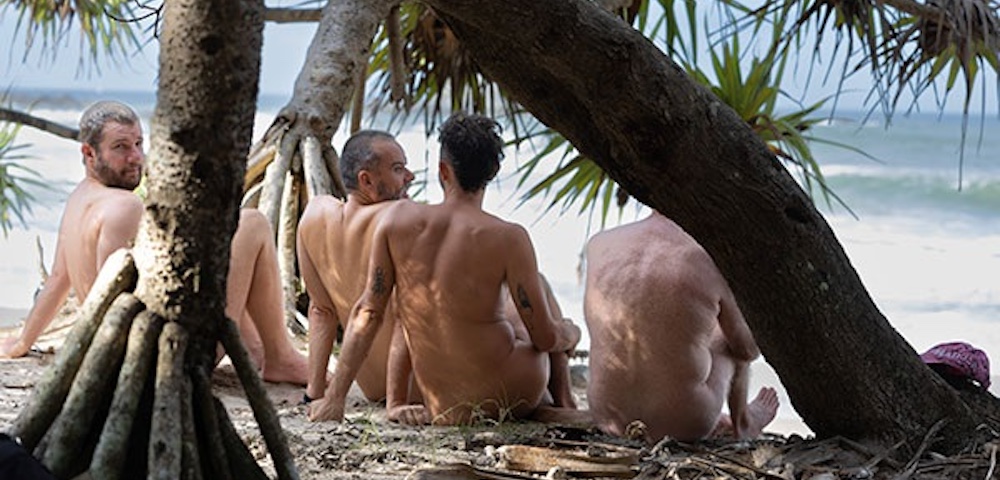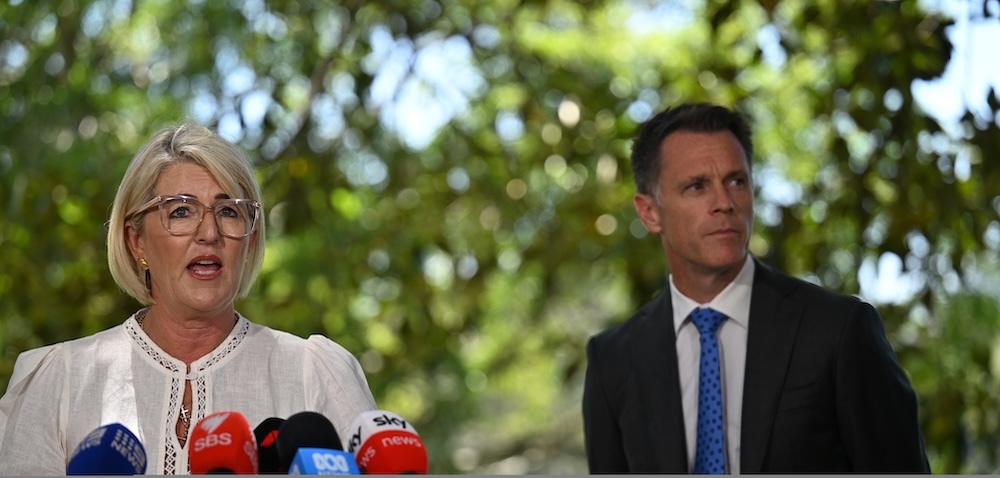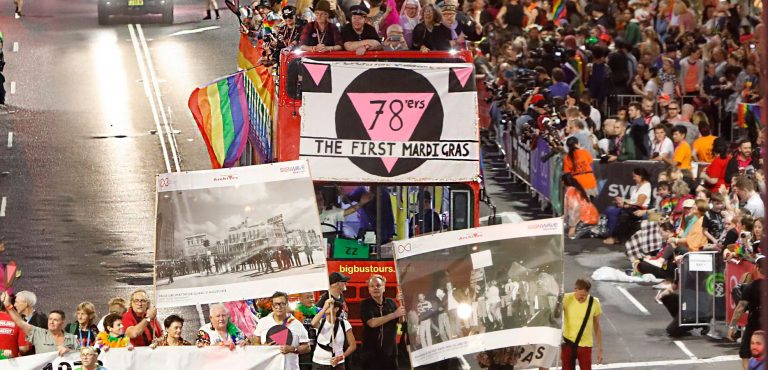
Beginning a human rights dialogue
With the 2020 Summit recommending Australia move towards implementing a statutory bill or charter of rights, the issue has once again gained public attention.
Australia is the only common law nation around the world without a statutory or constitutional charter of rights. However, this hasn’t stopped detractors of the plan predicting all sorts of dystopic scenarios were a bill of rights to be introduced in Australia.
A statutory bill of rights operates in a much more limited fashion than the bill of rights associated with the United States. Rather than being enshrined in the Constitution and relying upon the judiciary to give effect to the rights articulated in the charter, the statutory bill requires Parliament to give consideration to whether a new piece of legislation is compatible with the human rights protected by the bill. This means that parliamentary sovereignty -“ one of the cornerstones of our political system -“ continues to reign supreme.
In jurisdictions where a statutory bill of rights operates, legislation that is deemed to be incom-patible can still be passed by Parliament. However, in these circumstances, Parliament is required to make an explicit statement that the law derogates from the human rights guarded by the charter.
If the Australian Government decides to implement a bill of rights, the details will still need to be worked out. Undoubtedly, the bill of rights that we will ultimately see will be based heavily on the compromise model currently in operation in the ACT and Victoria. That is, the bill of rights will protect uncontroversial civil and political rights such as freedom of speech and freedom from torture or cruel and inhumane treatment.
However, whether the bill of rights will go as far to protect economic, social and cultural rights such as the right to education and the right to the highest attainable standard of medical and mental health remains to be seen.
Nevertheless, a statutory charter of rights similar to the model in operation in Victoria and the ACT is an important stepping stone to moving towards a culture where human rights are widely observed and respected. Equally important is the potential for such a project to open up a public dialogue about the importance of human rights.
Got a topic you want covered? Email lawyer@ssonet.com.au with your suggestions.
Manoj Dias-Abey is a lawyer practising in one of Australia’s largest workplace relations law firms.
